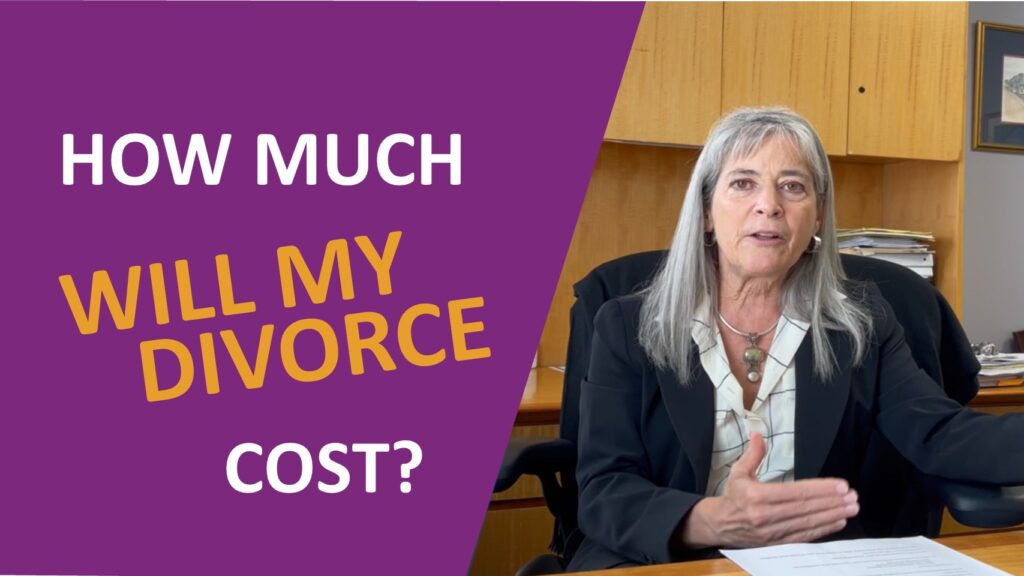How Does Child Support Work in Maryland?
Parents are legally obligated to provide for their children even after a divorce. After a marriage ends, the non-custodial parent often must pay child support to the custodial party. Maryland courts calculate child support using a formula outlined in Maryland’s Child Support Guidelines.
Lawyers from a Germantown and Silver Spring law firm highlight that the formula is based on an income shares model that accounts for the income of both parents, the number of minor children shared between the parents, health insurance costs for the children, and alimony paid or received.
Courts also consider current custody arrangements and how much time each parent spends with the child. Specific formulas influence the calculations in situations where a parent keeps the children overnight for more than 25% but less than 30% of the year. Skilled lawyers can provide more insights into the possible outcome of your child support determination.
Does Child Support Depend on Household Income in Maryland?
The income shares model used by Maryland courts to calculate child support is based on the concept that children should receive a similar proportion of parental income that they would have received had the family remained intact. The model focuses on the monthly gross income of each party before taxes.
Child support attorneys in Germantown and Silver Spring say that the income shares model considers the following as income when computing child support:
- Alimony or spousal support received
- Wages
- Salaries
- Bonuses
- Commissions
- Workers’ compensation benefits
- Social Security benefits
- Pension income
- Dividend income
- Annuity income
- Interest income
- Unemployment insurance benefits
- Disability insurance benefits
- Trust income
Depending on the case specifics, a judge may consider prizes, gifts, severance pay, and capital gains as income. However, actual income doesn’t include means-tested public assistance benefits such as food stamps and Supplemental Security.
Adjusting a Parent’s Income
Once the court determines a parent’s source of income, the next step is to adjust it by subtracting:
- Any reasonable pre-existing child support obligations that the parent pays
- Alimony payable by the parent, either to the child’s other parent or to a previous spouse
If parents’ combined monthly income falls between the amounts shown on Maryland’s child support schedule after adjustment, the court will use the basic child support amount shown for the next higher income level. If the combined adjusted income of both parents is less than $180,000 annually or $15,000 monthly, the Child Support Guidelines kick in.
For high-income earners whose incomes fall above the highest schedule, judges have the discretion to decide the appropriate child support amount. For example, judges can establish the child support amount if the income exceeds $180,000.
What If One Spouse Stops Working to Avoid Paying Child Support?
When a parent voluntarily stops working or voluntarily lowers their earnings to avoid paying child support, the court can consider them to be “voluntarily impoverished.” Once there is enough proof, the court may “impute” the parent’s income when calculating child support.
Imputing a Parent’s Income
Imputing income means the court will calculate child support based on a parent’s earning potential once it establishes voluntary unemployment or underemployment. The judge will decide what income the parent could be earning if they were employed, based on the circumstances that could affect their ability to pay child support.
Child support lawyers in Germantown and Silver Spring say that crucial factors of consideration include:
- The parent’s actual assets and income
- The recent work and earning history
- Existing job opportunities and associated income levels in the parent’s community and the job market status
- The parent’s age, physical and behavioral state, educational and professional qualifications, residence, employment and earning history, and records of efforts to obtain and retain employment
- Available employers willing to hire the parent
- The parent’s criminal record and other barriers to employment
Germantown and Silver Spring child support attorneys advise against being intentionally unemployed or underemployed to avoid paying child support. The consequences can be far-reaching, which would be best to avoid.
Nonetheless, a judge cannot impute potential income to parents who:
- Can’t earn an income due to a mental or physical disability
- Are currently taking care of a child younger than two years for whom they are responsible
Can Child Support Be Lower or Higher Than the Amount Provided in the Guideline?
Courts hardly set a child support amount lower than that provided in the Guidelines. If you request a judge to lower the child support amount, you must prove why it is justified and why it could be in your children’s best interests to reduce the amount.
On the contrary, a court may not need to use the Guidelines formula if the combined income of both parents is more than $30,000 per month. Instead, it can set a child support amount based on the children’s needs and best interests.
How Long Does Child Support Last in Maryland?
The law in Maryland stipulates that parents should pay child support until the children turn 18. However, if they turn 18 while still in school, the payments continue until they graduate or drop out. Child support also ends if the child marries, dies, or is otherwise emancipated.
Germantown and Silver Spring child support lawyers add that despite these cut-off dates, parents must provide food, shelter, care, and clothing for an adult child who can’t be self-supporting because of mental or physical disability.
A Skilled Child Support Lawyer Helping You Navigate Child Support in Dual Income Households
When calculating child support in Maryland, courts consider the income sources of both parents and adjust the amounts accordingly. Other crucial factors are the children’s needs and medical insurance. Skilled child support lawyers in Germantown and Silver Spring can provide legal counsel and guidance to ensure you evaluate your options and possible outcomes.
Paré & Associates, Attorneys at Law, is a reputable Germantown and Silver Spring law firm. We have skilled child custody lawyers willing to defend your rights and interests. If you have concerns about the child support process, call us at 301-962-2492 to schedule a FREE case assessment.





